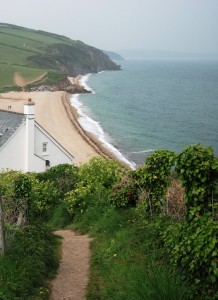 This happy breed of men, this little world
This happy breed of men, this little world
This precious stone set in the silver sea
Which serves it in the office of a wall
Or as a moat defensive to a house
Against the envy of less happier lands
William Shakespeare – Richard II
Finding myself in want of some new t-shirts (yes – I am of the breed of unreconstructed hippie that still prefers to dress in sandals, jeans and a comfortable top well into my seventh decade!) but not caring much for the choice of overpriced designer-labelled or eyeball-scorchingly be-slogan-ed apparel on offer on the high street – I turned as ever to the InterWebNet to discover what might be available out in the wild – so to speak.
I was looking for something with a nautical flavour – such being to my taste – and by good fortune it seems that the seafaring style is very much “in” at the moment – whatever that might signify.
What it did presage – of course – was the need yet again to skirt the worst excesses of the ‘designer’ end of the rag trade – but this time online. Fortunately – however – I soon found myself delighting in the pelagic pages of one of my favourite small-scale outfitters – Quba & Co – who are based out of Salcombe in Devon. If you haven’t come across them before I do encourage you to take a moment to examine their wares – commencing mayhap with the ‘Company History‘ page on their website, which explicates their ethos rather well and should give you a good insight as to why they appeal to me.
This post does not – however – concern male fashion, though the seed for it did emanate from the pleasures that I clearly obtain from all things related to the sea. Although I have spent a certain amount of my time over the years ‘messing about in boats’ (nowhere near enough time of course!) I have never actually owned one. This will – I firmly intend – be rectified when we move to BC. To my very great pleasure the Kickass Canada Girl has indicated that she will willingly join me on a Power Squadron course once we arrive in Victoria preparatory to us taking to the waves together.
Now – I am aware that a great many of those who live on Vancouver Island are themselves boat-owners and also that these craft are predominantly used for the purposes of fishing. I never have been an angler and nor do I have much interest therein – although I did gain some valuable insight into the pursuit courtesy of the Girl’s cousin who introduced me to the practice of throwing out a couple of lines and then sitting back with a beer… not that I am suggesting for a moment that this is customary amongst British Columbian fisher-folk.
There are, of course, many reasons why – over the centuries – the Brits have been drawn to the west coast of Canada, and in particular to the islands. Much of this surely stems from the fact that both races – as island folk – share a common love for the sea and alike feel the draw of the ocean. I have doubtless quoted John Masefield before in these posts but make no apology for repeating these lines from ‘Sea Fever’:
I must go down to the seas again, to the lonely sea and the sky,
And all I ask is a tall ship and a star to steer her by;
And the wheel’s kick and the wind’s song and the white sail’s shaking,
And a grey mist on the sea’s face, and a grey dawn breaking,
I must go down to the seas again, for the call of the running tide
Is a wild call and a clear call that may not be denied;
And all I ask is a windy day with the white clouds flying,
And the flung spray and the blown spume, and the sea-gulls crying.
I must go down to the seas again, to the vagrant gypsy life,
To the gull’s way and the whale’s way where the wind’s like a whetted knife;
And all I ask is a merry yarn from a laughing fellow-rover,
And quiet sleep and a sweet dream when the long trick’s over.
Incidentally – the oft-quoted phrase that I appropriated for the title of this post is not without interest itself, in that its exact origins are not at all clear. My thoughts ran first to Shakespeare – and in particular to the celebrated John of Gaunt speech from Richard II that is quoted at the top of this missive. When that presumption proved erroneous I resorted once more to the InterWebNet.
Other than a (doubtless worthy and fascinating) tome documenting 135 years of the history of British bicycle racing the most numerous references I could find were to Winston Churchill. The extract from his ‘History of the English Speaking Peoples’ is actually titled ‘The Island Race’, and though Churchill is widely attibuted as having ‘frequently’ used the phrase in the form prepended by the pronoun rather than the definite article I could find no categorical reference thereto. It seems that the usage has simply evolved because it is actually too good not to have done so.
Bully for that, I say…

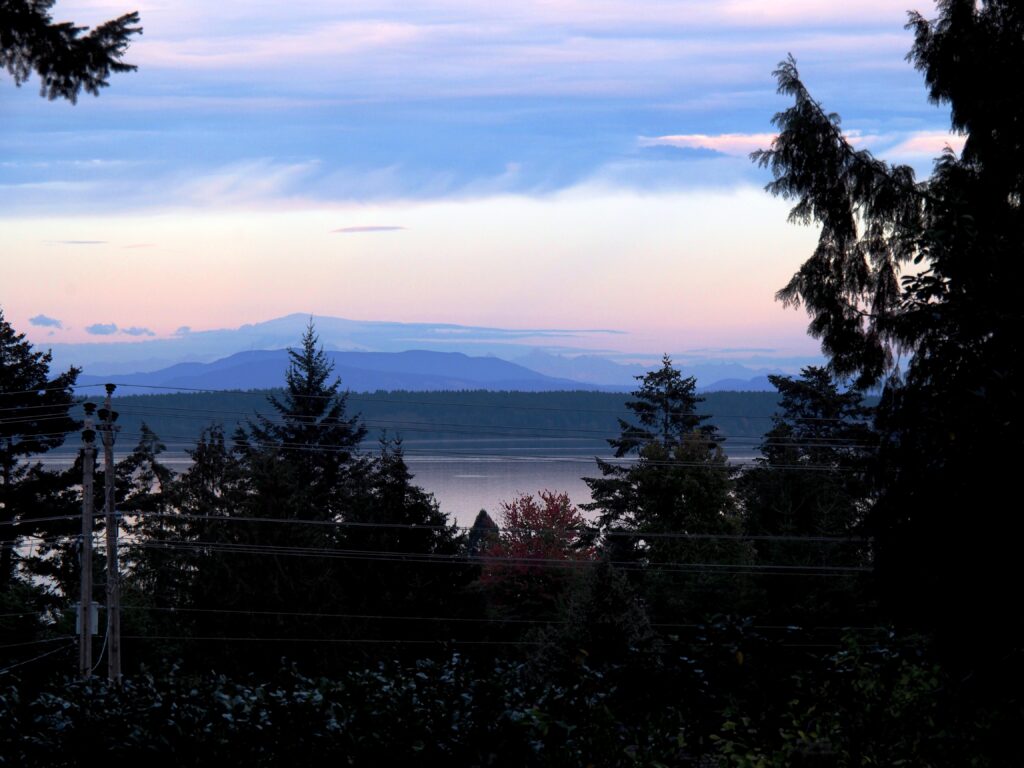
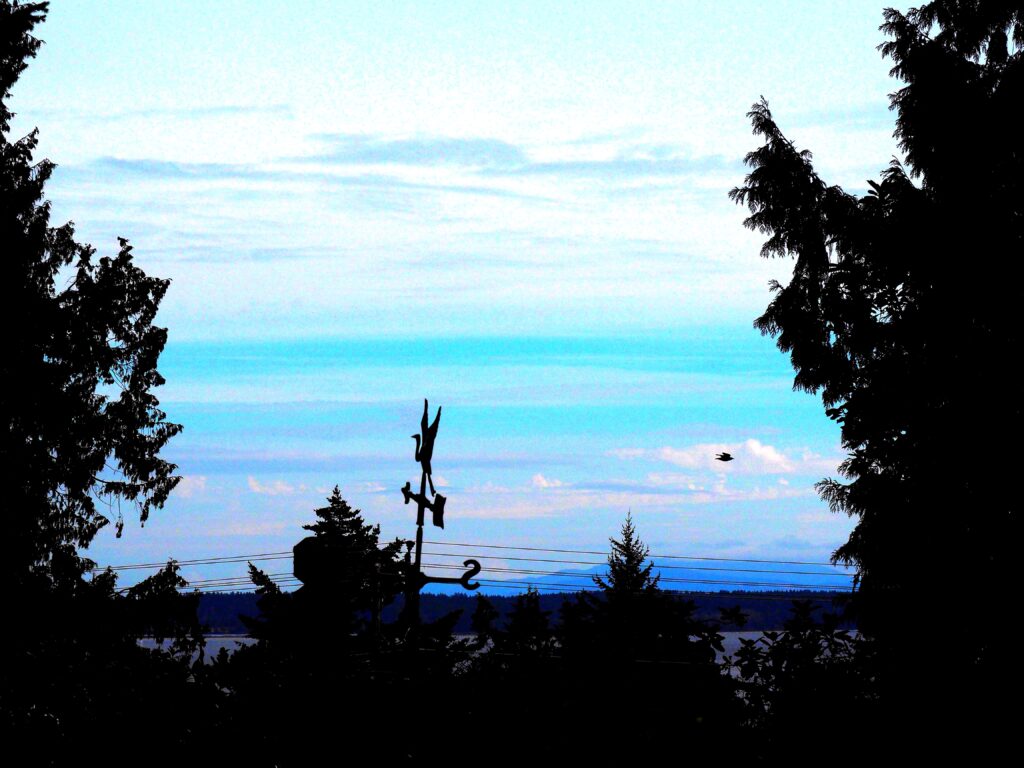
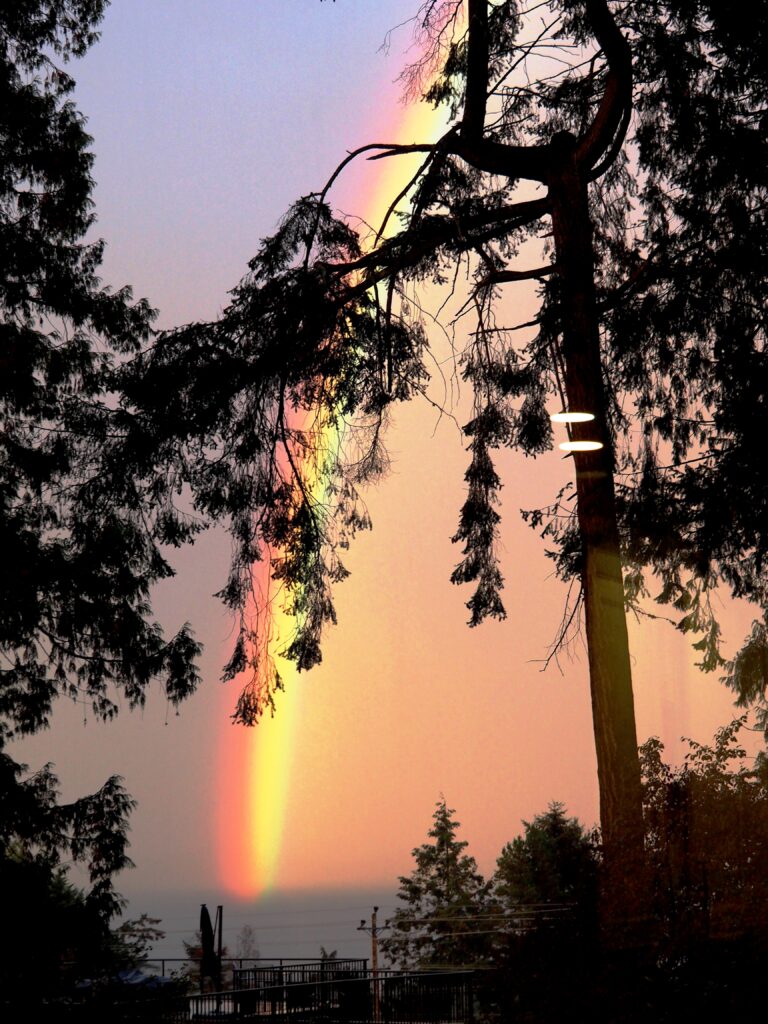
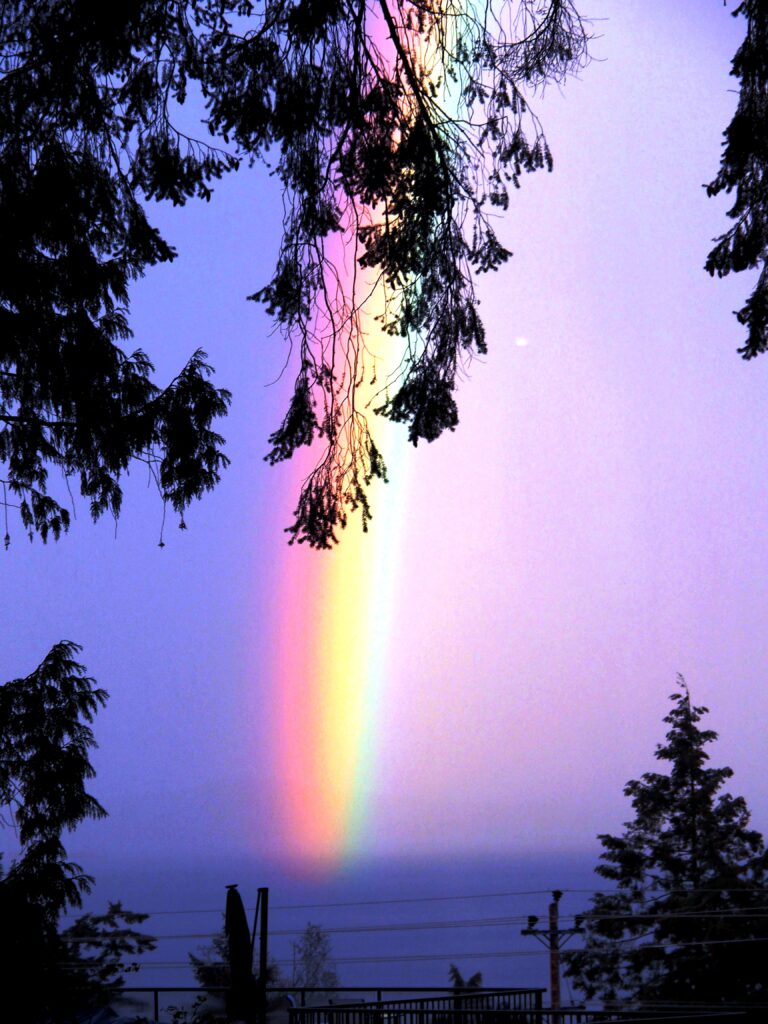
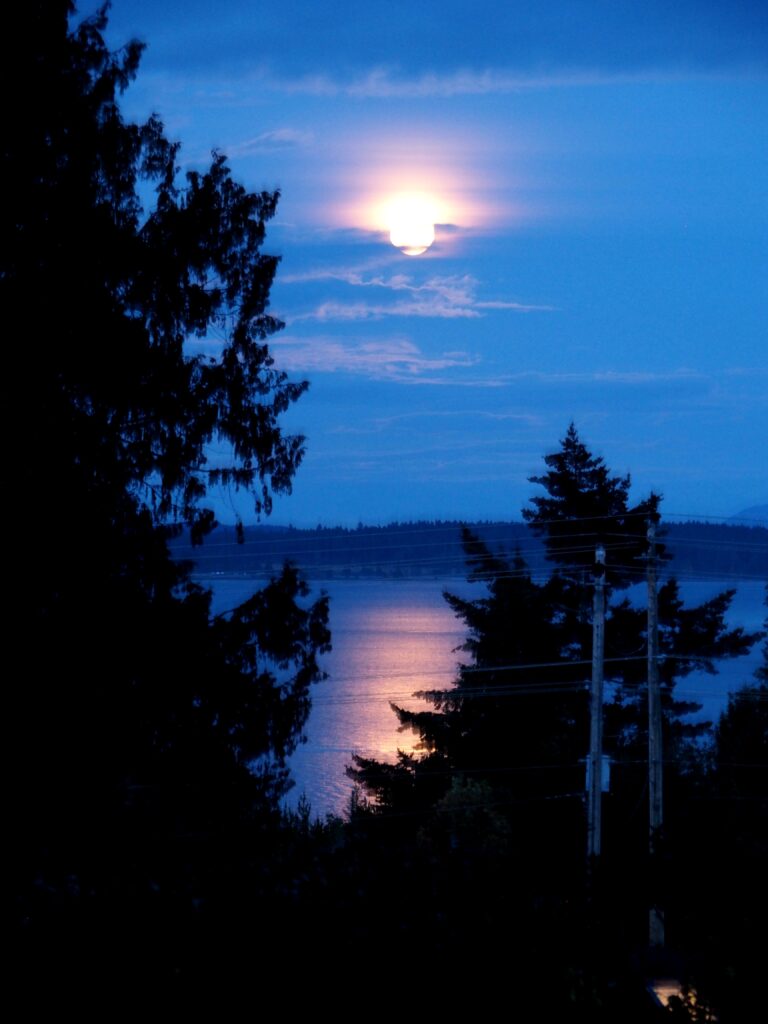
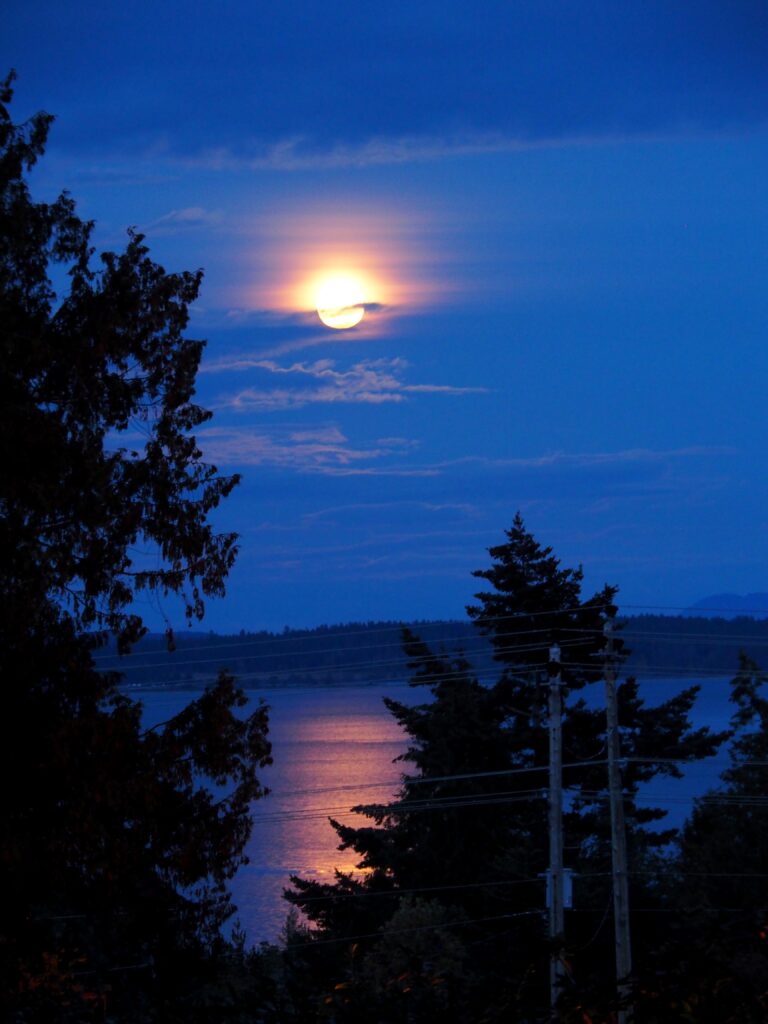
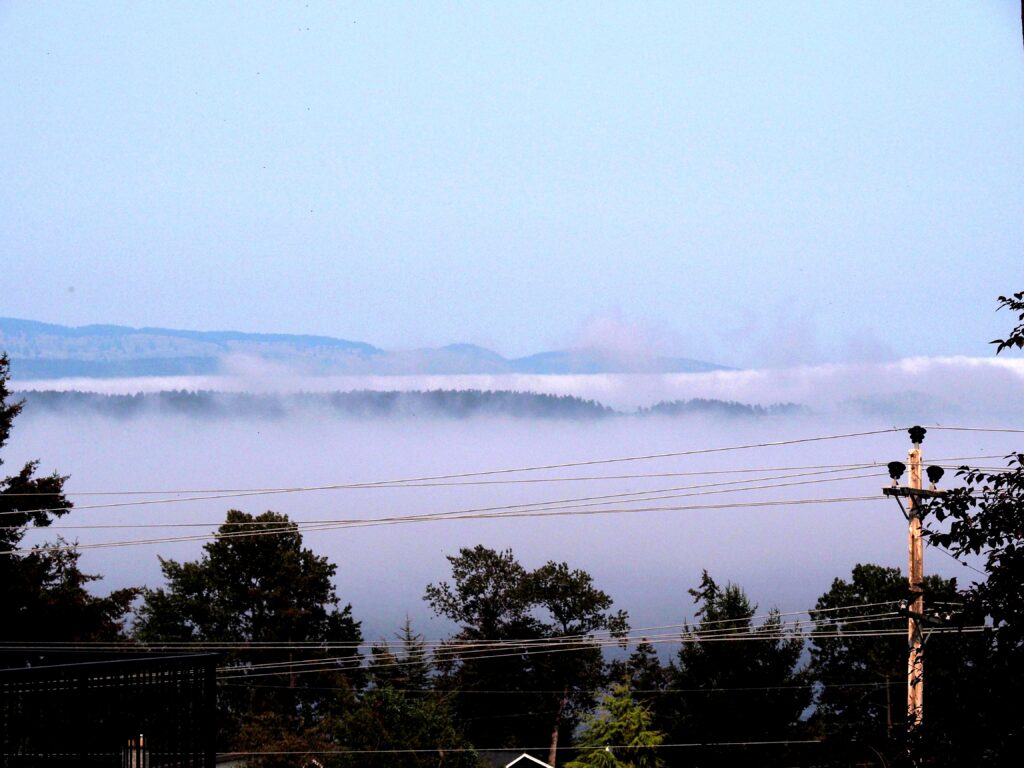
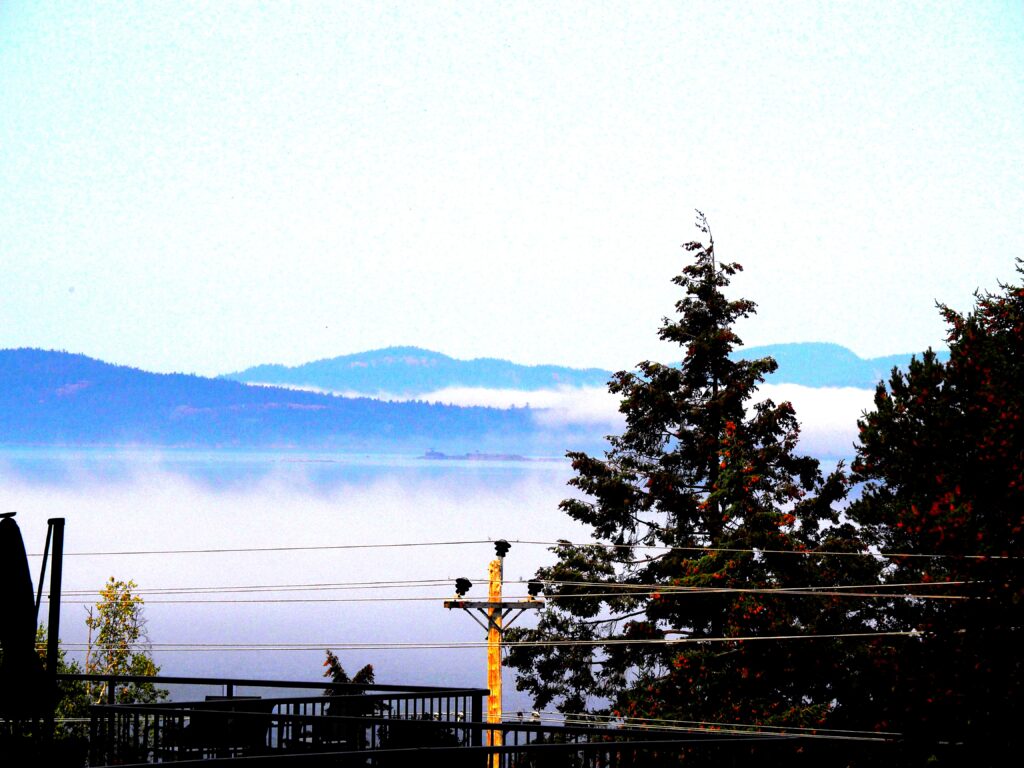
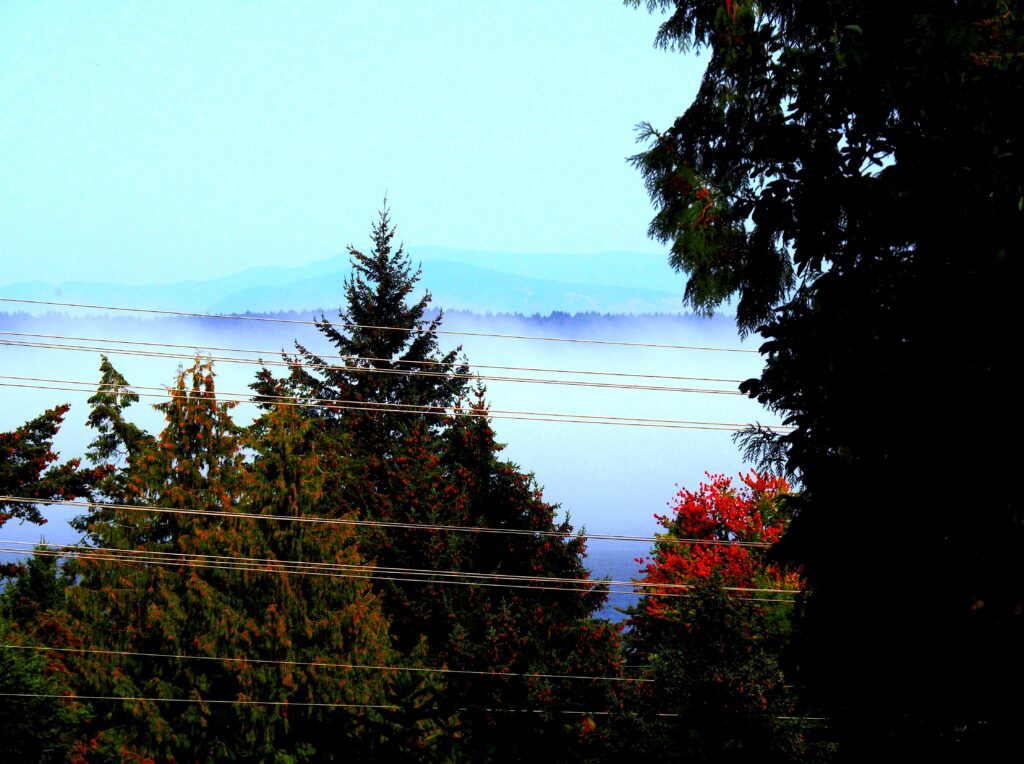
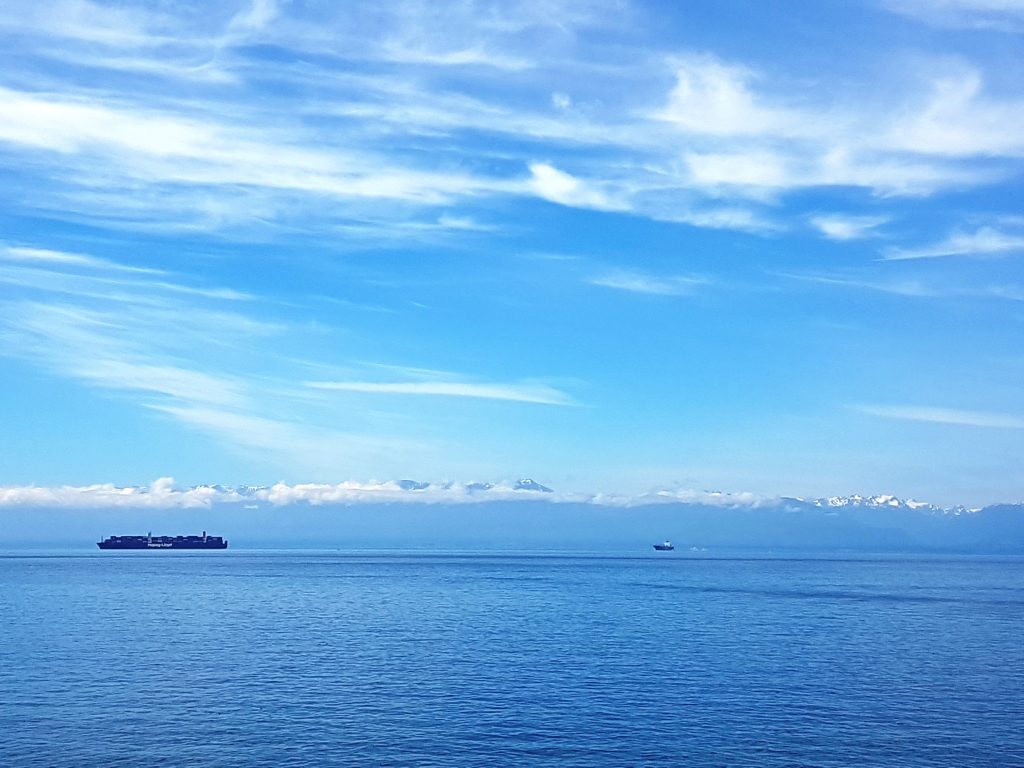
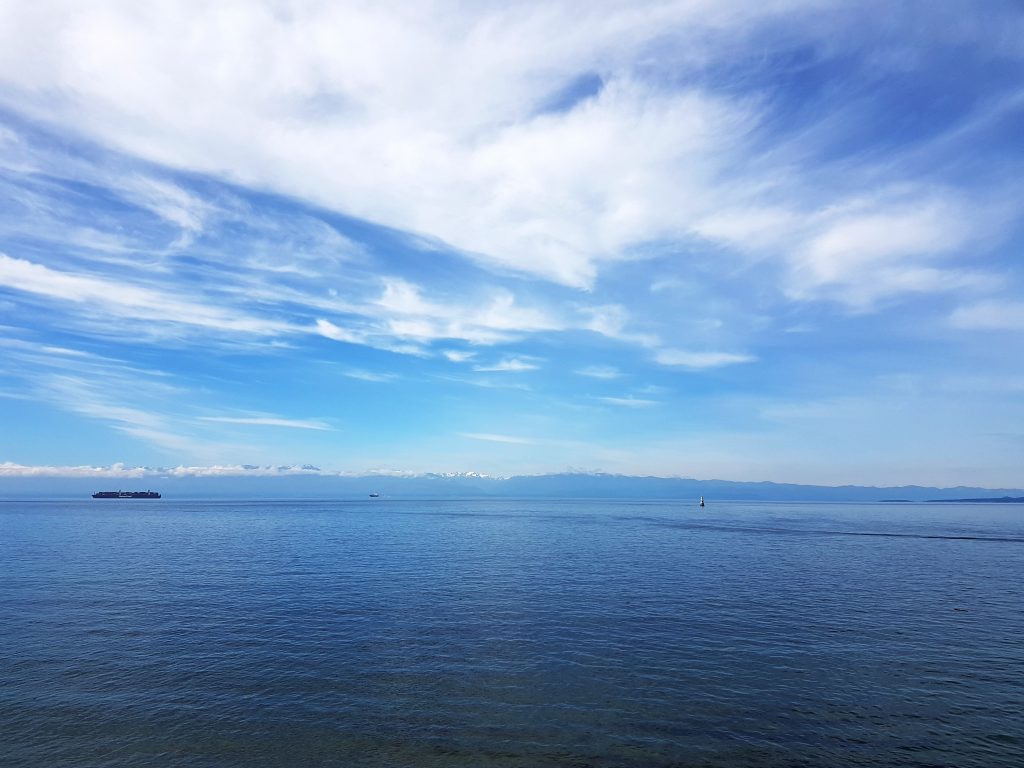
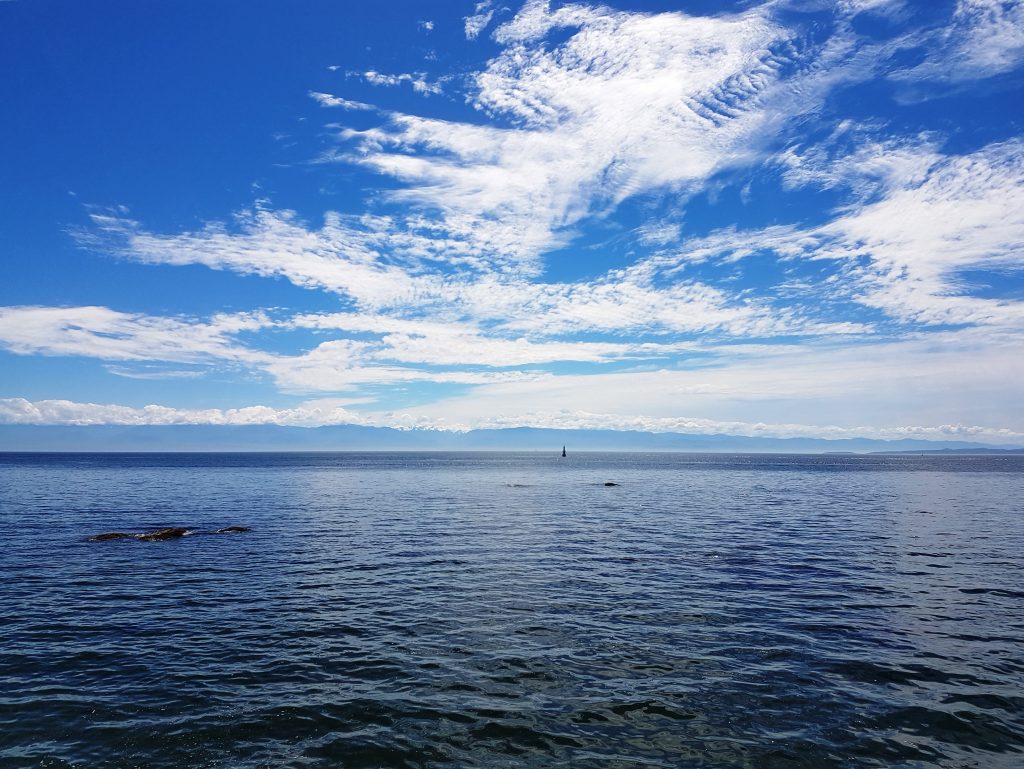
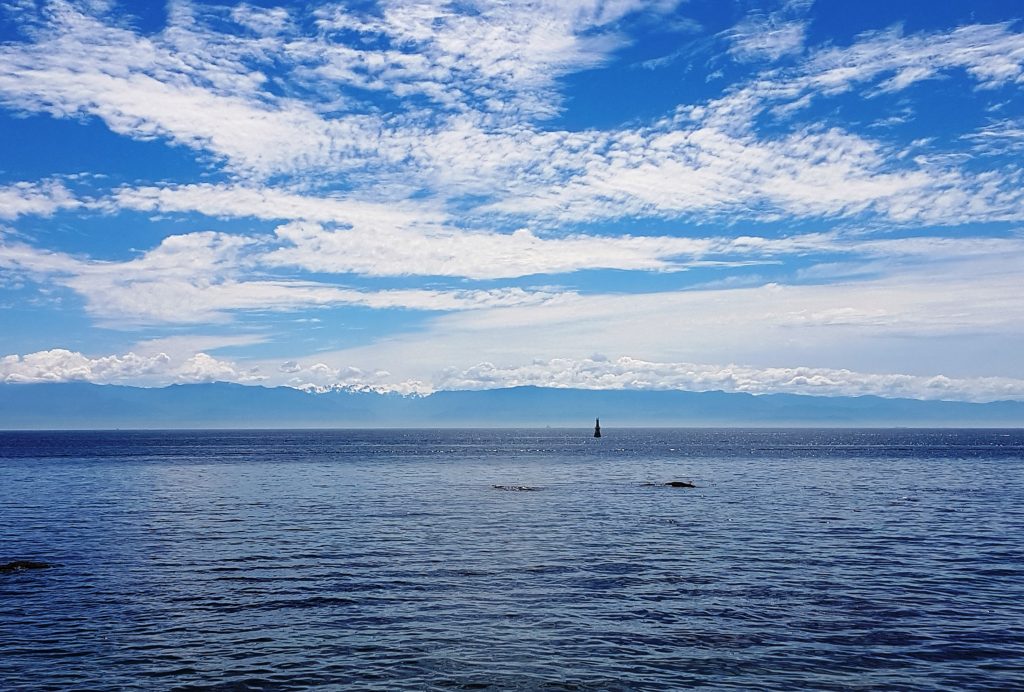
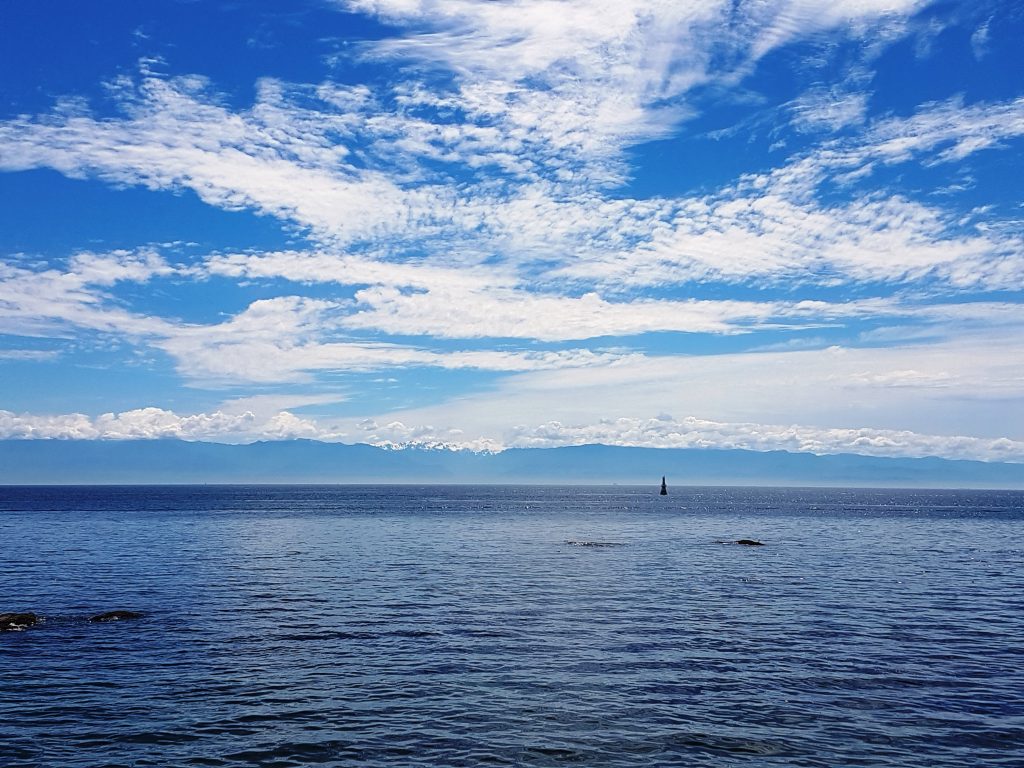
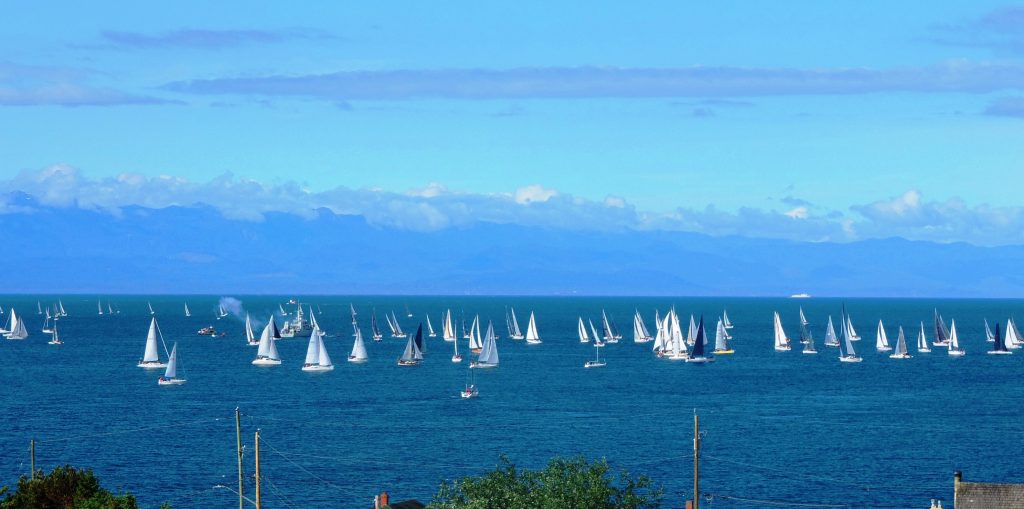
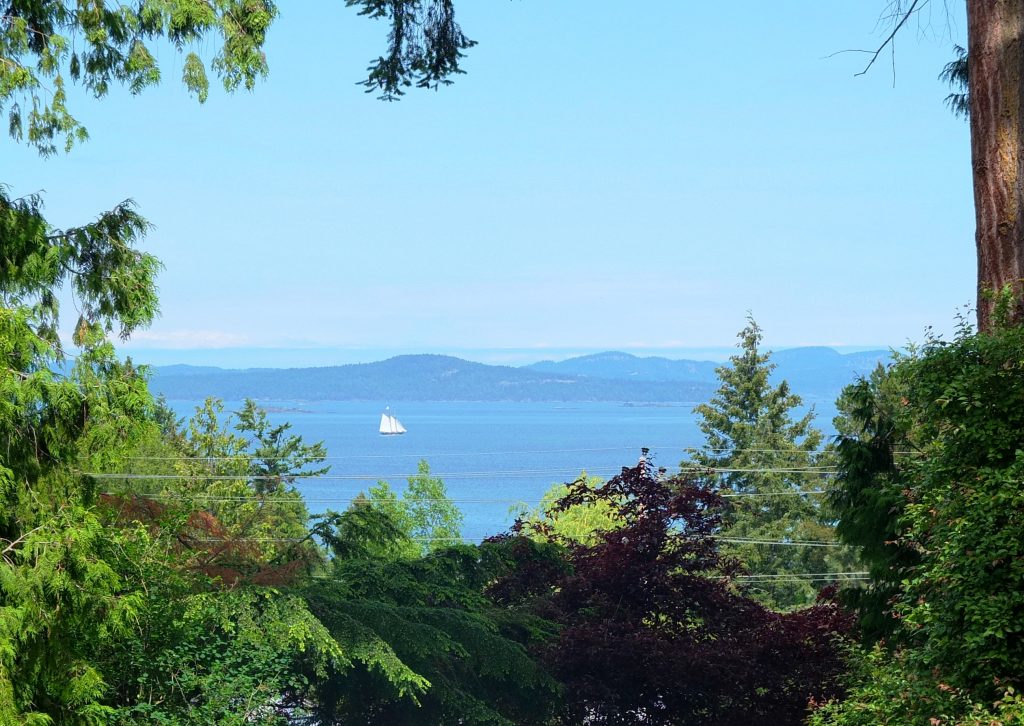
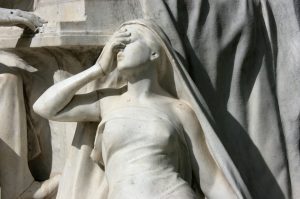




Recent Comments